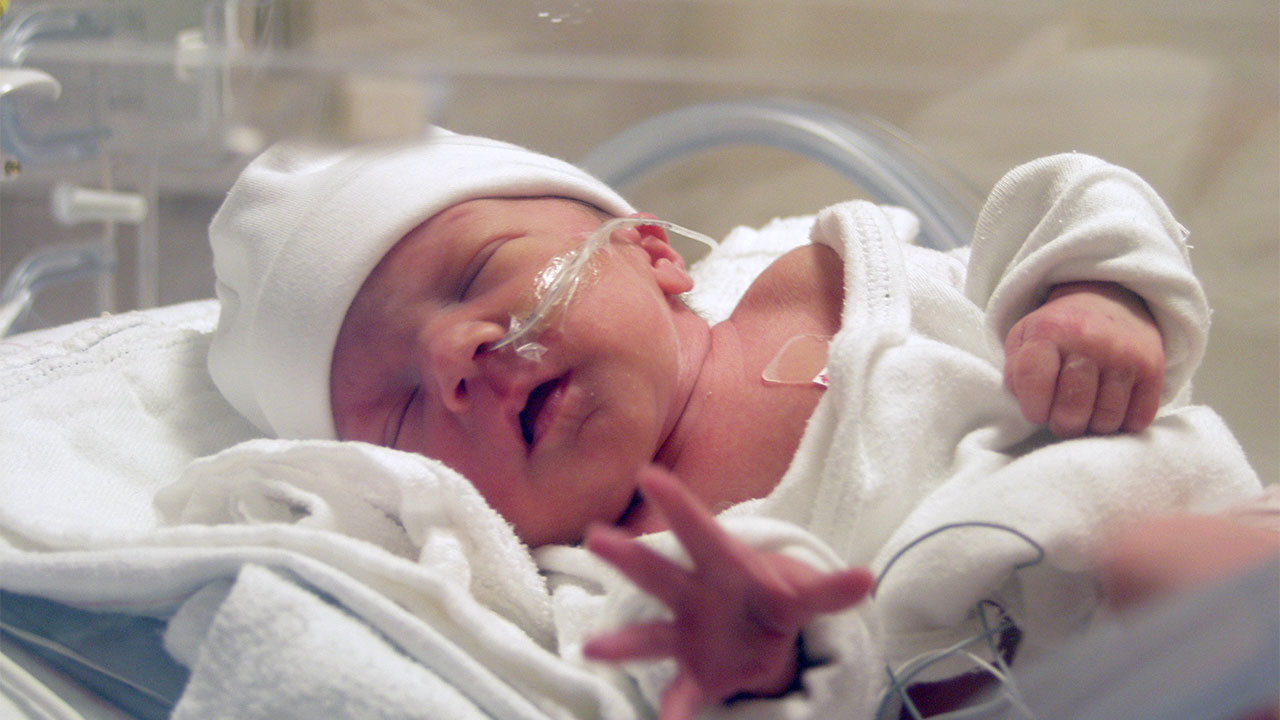
Yesterday, United Nations agencies and their partners released a report stating that approximately 13.4 million infants were born prematurely in 2020, and almost one million of them passed away due to complications related to pre-term birth.
The report "Born too soon: Decade of action on preterm birth", which involves several agencies such as UNICEF, WHO, and PMNCH, emphasizes the need for urgent and collective efforts to improve the health and survival of premature infants, who are at risk of a "silent emergency" that takes the lives of one million newborns each year. The report also presents a plan to tackle this issue.
More than 65% of all premature births worldwide occur in Southern Asia and Sub-Saharan Africa, according to the report. Additionally, the study reveals that several factors are exacerbating the problem, thereby increasing the risk for mothers and newborns globally. For instance, air pollution is believed to play a role in six million preterm births annually.
The Executive Director of PMNCH, Helga Fogstad, stated that advancements in maternal and newborn health, as well as stillbirth prevention, have stagnated.
Helga Fogstad added that the progress achieved in reducing preterm birth rates is being eroded by a harmful combination of factors such as COVID-19, climate change, escalating conflicts, and soaring living costs. She emphasized the importance of collaborating with governments, donors, private sector, civil society, parents, and healthcare professionals to raise awareness about the "silent emergency" of preterm birth. She also urged stakeholders to prioritize preterm prevention and care efforts in national health and development agendas and invest in human capital by supporting families, communities, and economies worldwide.
The report, which included updated estimates from WHO, UNICEF, and the London School of Hygiene and Tropical Medicine, revealed that the rates of preterm birth remained unchanged worldwide in the past ten years, with 152 million infants born prematurely between 2010 and 2020. Preterm births refer to births that occur before the completion of 37 weeks of a typical 40-week pregnancy.
Steven Lauwerier, the Director of Health at UNICEF, remarked that every premature death leads to a "trail of loss and heartbreak," highlighting the dire consequences of this issue. He further stated that despite progress in various areas over the past decade, no improvements have been made in reducing the number of premature births or preventing infant mortality. The consequences of preterm birth are severe, and access to care for expectant mothers and premature infants must be improved to give every child a healthy start in life.
According to the report, preterm birth is currently the leading cause of child mortality, with more than one in five children dying before their fifth birthday due to premature birth. Survivors of preterm birth often experience lifelong health problems and are at a higher risk of disabilities and developmental delays.
Anshu Banerjee, the Director for Maternal, Newborn, Child, and Adolescent Health and Ageing at WHO, emphasized the importance of providing high-quality care to the most vulnerable premature babies and their families in order to improve child health and survival. He also stressed the need to focus on prevention by ensuring that every woman can access quality healthcare services before and during pregnancy to identify and manage potential risks.









Leave a comment